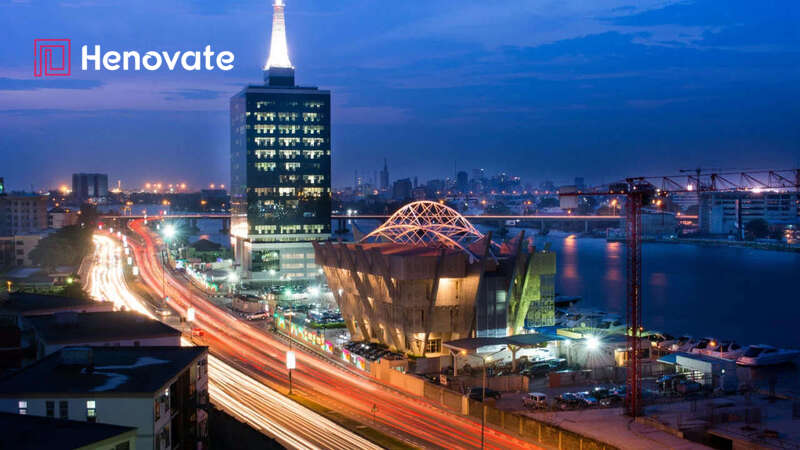Nigeria is one of Africa’s most diverse economies, but living costs have soared in recent years. As inflation continues to affect all regions, some states are becoming much more expensive to live in than others. The differences in food prices, rent, and general goods can vary drastically across the country.
In 2024, rising inflation has added pressure to Nigerian households, with food inflation being one of the biggest drivers. Each state has its unique cost dynamics, often influenced by factors like economic activity, industrial growth, or the availability of essential goods. If you’re considering where to live in Nigeria—or just curious about how expensive your state has become—this breakdown will give you detailed insights into the most costly states to reside in 2024.
Factors Driving Living Costs Across States
Several factors contribute to the rising cost of living across Nigeria. Key drivers include:
- Food Inflation: Many states report that food prices make up a large portion of household expenses. Essentials like rice, eggs, and even vegetables have seen significant price jumps in many regions.
- Housing Costs: Rent and property prices vary, with cities like Lagos leading the charge due to urbanization and high demand for accommodation.
- Transportation and Utilities: In states with higher development or industrial activities, transportation costs, including fuel and public transit, also spike.
Breakdown: The Most Expensive States to Live in Nigeria in 2024
1. Bauchi
- All-Item Inflation: 46.46%
Bauchi has consistently ranked as the most expensive state in Nigeria due to a combination of rising non-food item costs and housing. In August 2024, the inflation rate peaked at 46.46%, with costs for essential goods showing no signs of dropping.
2. Kebbi
- All-Item Inflation: 37.50%
In Kebbi, inflation remains stable, but food prices continue to climb. With an all-item inflation rate of 37.50%, residents in Kebbi face rising food and housing costs.
3. Jigawa
- All-Item Inflation: 37.44%
Despite a slight improvement in food inflation, Jigawa is still among the most expensive places to live. The all-item inflation remains elevated at 37.44%, driven by food and transportation costs.
4. Sokoto
- All-Item Inflation: 35.89%
Sokoto’s rising inflation is mainly due to increased costs of basic commodities like food and utilities. Food inflation saw a minor increase in recent months, contributing significantly to the overall cost of living.
5. Yobe
- All-Item Inflation: 35.43%
Yobe’s inflation pressures are mostly due to food costs, which saw a notable increase in 2024. Residents here face high prices for everyday goods, making the state one of the costliest.
6. Niger
- All-Item Inflation: 35.41%
Niger State saw a rise in both food and non-food inflation, leading to a significant burden on residents. The state’s overall inflation rate is now 35.41%.
7. Gombe
- All-Item Inflation: 35.23%
Gombe’s cost of living is steadily climbing, with food being the major contributor. The state’s inflation rate has been consistently above 35%, making daily life increasingly expensive.
8. Lagos
- All-Item Inflation: 34.76%
As Nigeria’s economic hub, Lagos is well-known for its high living costs. In 2024, food inflation became a dominant factor in Lagos, although the overall inflation rate dropped slightly.
9. Oyo
- All-Item Inflation: 34.44%
Oyo State is another costly region, particularly due to rising food prices. Although inflation rates are easing slightly, the cost of food remains a persistent challenge for residents.
10. Abia
- All-Item Inflation: 34.41%
Abia rounds off the list with its relatively high inflation rate. Although there was a reduction in food inflation, Abia continues to struggle with high costs of living.
What Contributes to High Living Costs in These States?
- Urbanization and Demand: States like Lagos, with high urbanization and economic activities, face increased demand for goods and services, pushing prices higher.
- Inflation: Food prices are driving inflation across most of Nigeria’s expensive states. As food is a daily necessity, its price significantly affects the cost of living.
- Transportation and Infrastructure Costs: Transportation costs also play a role, especially in more developed regions like Lagos, where traffic congestion and fuel prices impact public and private transport.
How to Cope with the Rising Costs in Nigeria
For many, the high cost of living in states like Bauchi, Lagos, and Jigawa can be overwhelming. However, there are practical ways to manage the financial strain:
- Budgeting Wisely: With the rising costs, careful budgeting is essential. Prioritizing needs and cutting down on unnecessary expenses can help.
- Relocation: If living in one of these states becomes too expensive, relocating to a less costly area may be a viable option.
- Taking Advantage of Local Resources: Some states offer local markets or cooperative societies that provide goods at a lower cost.
Conclusion
The 2024 cost of living data reveals a clear trend: states with higher levels of economic activity or development often experience elevated costs, particularly driven by food inflation. Bauchi, Kebbi, and Lagos continue to top the charts as Nigeria’s most expensive states due to rising non-food inflation, high housing demand, and increased transportation costs.
These challenges aren’t expected to ease significantly in the short term, leaving residents in these regions grappling with rising expenses.
For those considering a move, it’s essential to weigh these factors and plan accordingly to avoid financial strain in these high-cost states.
